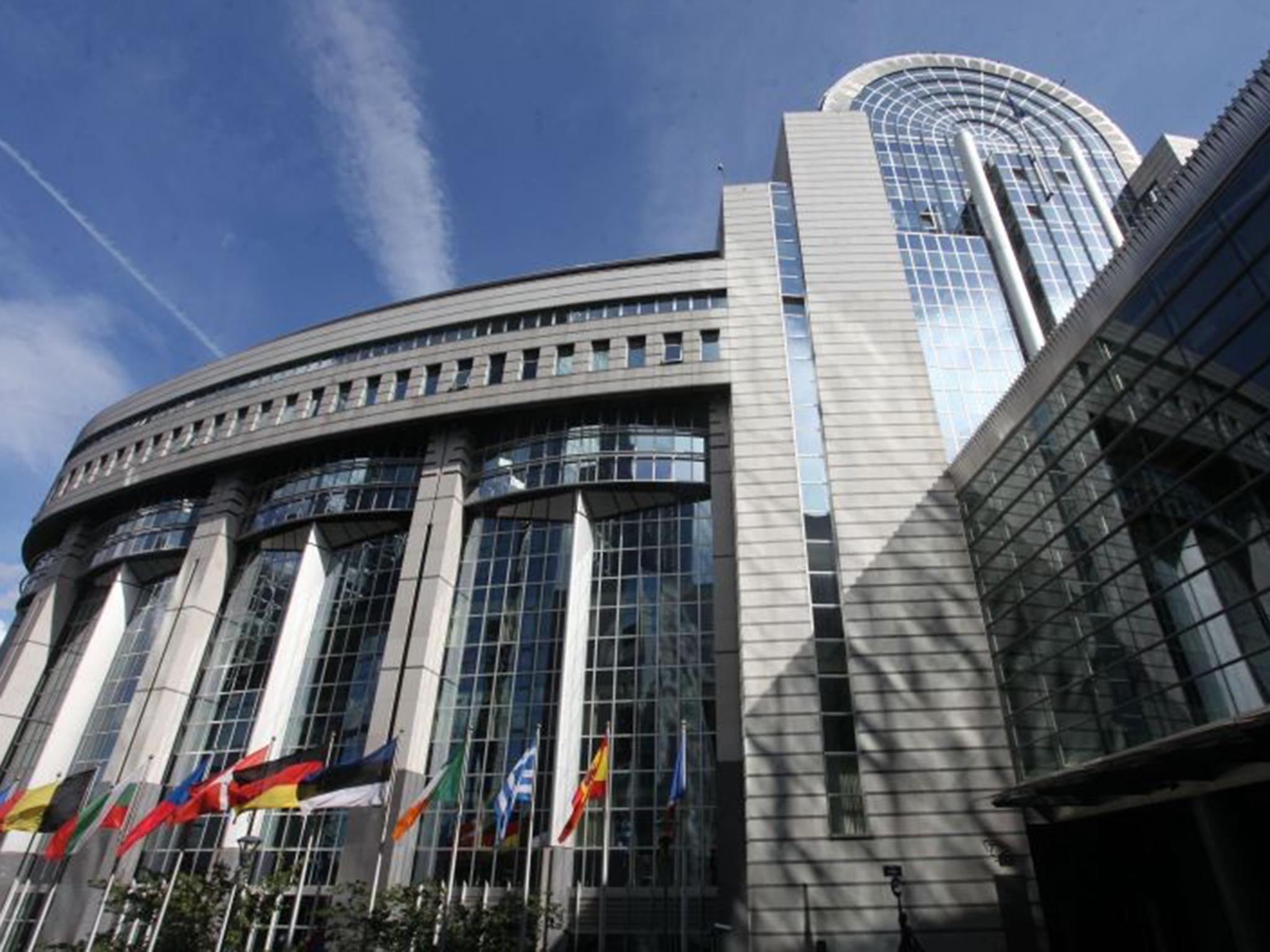EU to vote on motion that could delay Canadian trade deal CETA ‘for years’
The resolution proposes that an opinion from the European Court of Justice is needed to ascertain whether the Comprehensive Economic and Trade Agreement (CETA) complies with the trading bloc's existing treaties before it can be formally ratified

Your support helps us to tell the story
From reproductive rights to climate change to Big Tech, The Independent is on the ground when the story is developing. Whether it's investigating the financials of Elon Musk's pro-Trump PAC or producing our latest documentary, 'The A Word', which shines a light on the American women fighting for reproductive rights, we know how important it is to parse out the facts from the messaging.
At such a critical moment in US history, we need reporters on the ground. Your donation allows us to keep sending journalists to speak to both sides of the story.
The Independent is trusted by Americans across the entire political spectrum. And unlike many other quality news outlets, we choose not to lock Americans out of our reporting and analysis with paywalls. We believe quality journalism should be available to everyone, paid for by those who can afford it.
Your support makes all the difference.The European Parliament is set to vote on a motion that could delay the Comprehensive Economic and Trade Agreement (CETA) with Canada by “years”.
The resolution proposes that an opinion from the European Court of Justice (ECJ) is needed to ascertain whether CETA complies with the trading bloc's existing treaties before it can be formally ratified.
The treaties of the European Union are a set of international agreements between member states that outline the constitutional basis of the organisation. The motion under consideration claims there is legal uncertainty as to whether the proposed agreement works alongside these.
Emma McClarkin, Joint International Trade spokesman for the Conservative Party, said: “After the embarrassment of seeing CETA held up by socialists in the Belgian region of Wallonia, we now have the prospect of MEPs from countries that have already approved CETA throwing another spanner in the works.
”The last thing we need is for the process to be frozen for months or years while we await a legal opinion from the ECJ when the deal has already been given a clean bill of health by the parliament's own legal service.“
Urmas Paet, an Estonian MEP and his country's former Foreign Minister, told The Independent the resolution will lead to huge uncertainty.
“It is impossible to say [exactly]. Is it 18 months or a slightly quicker process? It adds uncertainty as to when it will be enforced.
“I would like to see CETA enter into force as soon as possible. In principle, I find it absolutely fantastic that the EU will have a deal with Canada as soon as possible. Any motion that will delay the process is not good for the European economy,” Mr Paet told The Independent.
“There are of course disputes with trade. Whether it is the business of the European Union or of member states and where the balance should be. From my point of view international trade is clearly the EU’s business,” he added.
Mr Paet added he did not think there could be any better deal than the one struck with Canada.
If CETA is implemented, Canada would immediately eliminate €500 million (£428 million) of duties on goods originating in the EU. Nearly 92 per cent of EU agriculture and food products would be exported to Canada duty-free.
Join our commenting forum
Join thought-provoking conversations, follow other Independent readers and see their replies
Comments